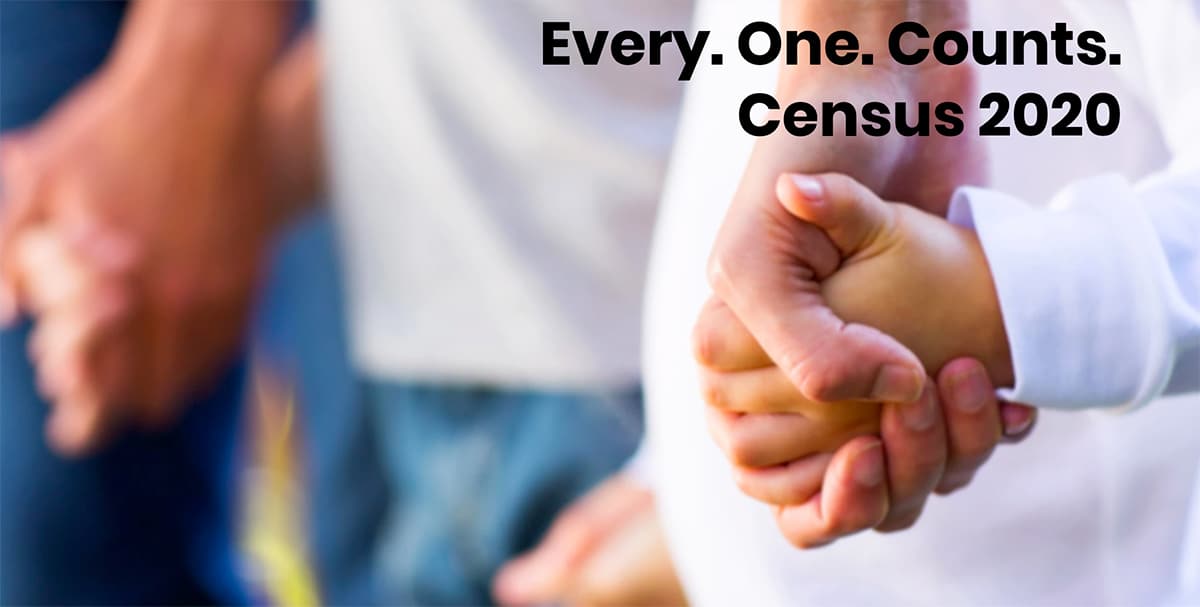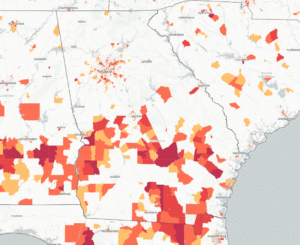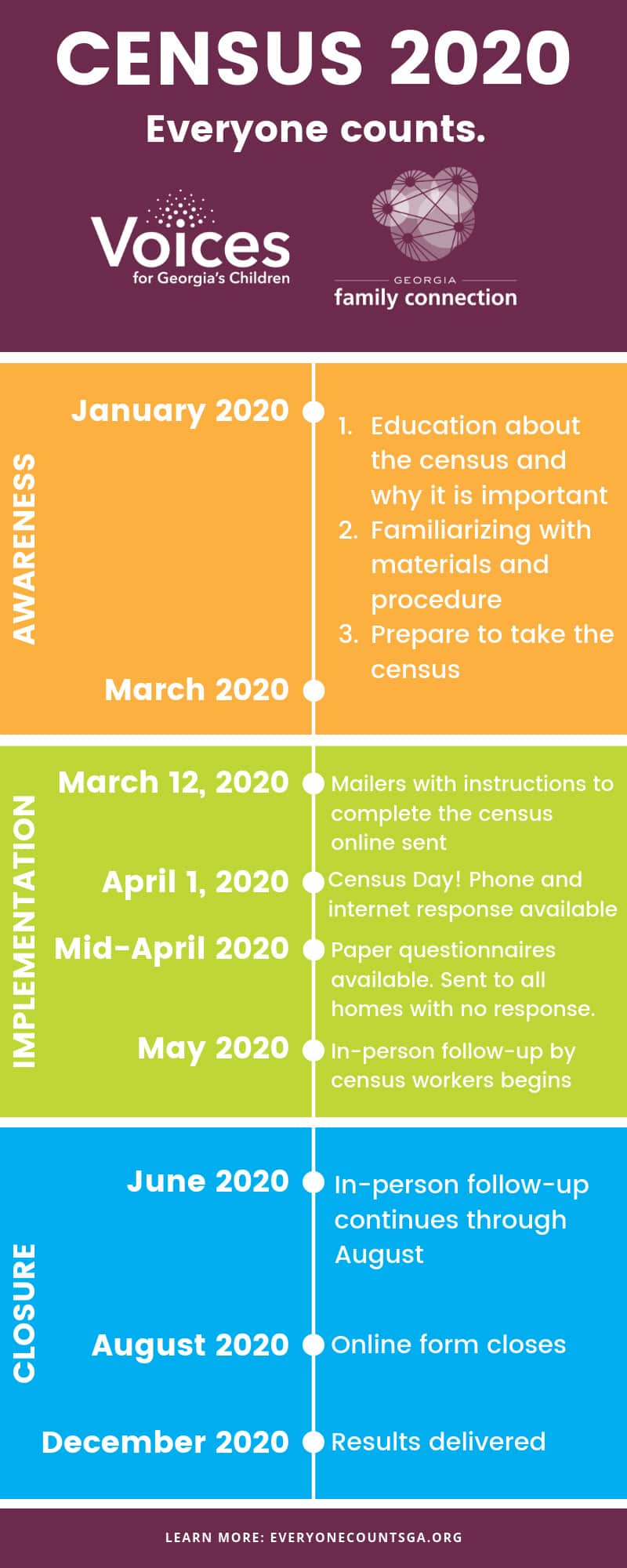
Georgia Family Connection Partnership and Voices for Georgia’s Children have partnered to ensure an accurate count for Georgia in Census 2020. Census 2020 is going to impact how all Georgians live their lives for the next ten years.
We want all Georgians to know that everyone counts, you count.
Everyonecountsga.org, which we created specifically for the Georgia Family Connection network and our partners, is updated with the latest information and tools. Check out the resources tab for printable flyers, videos, communications materials, and social media content.
You can access all the communications materials in Spanish by toggling the language on the upper right-hand corner.
Complete Count Committees
Census.georgia.gov is the official page of the Georgia State Complete Count Committee, where you will find a local complete count committee toolkit, as well as printable and customizable materials like posters, bookmarks, and table tents. Georgia Family Connection Partnership is a member of this committee, and is working with several statewide partners to help ensure Georgia has an accurate count in 2020.
Yocuentoenga.com is the official page of the Latino Complete Count Committee.
In addition to the state committee, communities should develop local Complete Count Committees to guide efforts at the local level and bring together community partners, including those who have relationships with hard-to-count populations. The Census Bureau developed resources and materials for communities who want to build local Complete Count Committees, available here, and they also created a guide for forming a local complete count committee.
Census 2020 Timeline
Download the most updated Local Complete Count Committee Map.
Hard-to-Count Populations
Some populations and communities are harder to count than others. These include young children, low-income children, children and adults of color, people who live in very dense urban settings, as well as people who live in very rural and geographically challenging areas. The City University of New York (CUNY) developed a hard-to-count mapping tool based on low mail return rates for the 2010 Census. The mapping tool is interactive, allowing you to search by address, ZIP Code, landmark, county, state, or legislative district, and zoom to the hardest-to-count neighborhoods in the state.

County Maps
The Association County Commissioners of Georgia (ACCG) created maps and guidance for each county in Georgia. To download your county’s map, click here.
2020 Census Jobs
The U.S. Census Bureau is recruiting thousands of people across the country to assist with the 2020 Census count. The Bureau is hiring for a variety of temporary jobs, including census takers, recruiting assistants, office staff, and supervisory staff. To be eligible, you must be at least 18 years old, have a valid Social Security number, and be a U.S. citizen. 2020Census.gov/en/jobs is the U.S. Census Bureau’s jobs page.
Additional Resources
Dollars for Georgia
Learn more about the programs that depend on the Decennial Census count, and how those programs support Georgia.
U.S. Census Bureau
The U.S. Census Bureau provides resources and technical assistance for communities. 2020Census.gov contains resources including the operation plan, census memorandum series, news, updates, census jobs, and infographics.
The Bureau also offers workshops and support for outreach efforts, including assistance in creating local Complete Count Committees. For information about workshops from decennial Census experts, contact the Atlanta Regional Office at 404-730-3834, which serves as a 2020 Census hub for the Southeast. For additional information and support, contact Census Partnership Specialists Vicki Mack or Thurman Tillman.
Technical guidance is available at the Final 2020 Census Residence Criteria and Residence Situations, which contains residence criteria used to determine where people are counted during each census as well as guidelines for counting specific populations such as the homeless, people in correctional facilities, military personnel, and college students.
The Census Engagement Navigator was developed to prepare for the 2020 Census, and it also helps to show what areas of the country had high or low return rates in the 2010 Census, and the current demographic makeup of those neighborhoods.
Messaging
Both the Census Bureau and independent organizations have conducted messaging research around the 2020 Census to identify the particular messages that make people more likely to complete their decennial Census form (online or via mail), including messaging for hard-to-count populations.
- Institute for Southern Studies: 2020 Census Messaging Research [PDF]
- U.S. Census Bureau: 2020 Census Barriers, Attitudes, and Motivators Study (CBAMS) [PDF]

